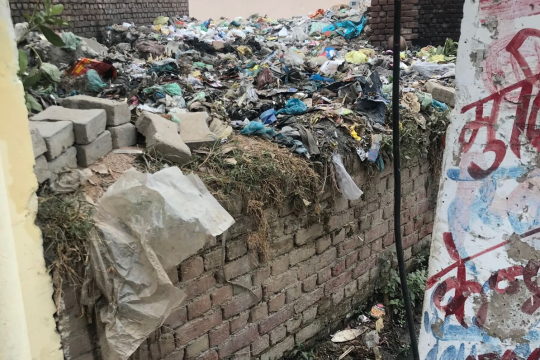Abstract
The provision of public goods often requires coordination among different actors. This is the case with waste management. If waste collectors collect waste separately, households would find it more worthwhile to segregate waste at home. If the households could segregate better at source, it would be cheaper for the waste collectors to collect waste separately and reduce processing costs and environmental impacts. However, neither collectors nor households have an incentive to engage in the required behavior if they do not expect the other party to change. In this paper, we aim to disentangle this chicken or egg causality problem with a large-scale intervention that provides a guaranteed segregated collection service and promotes waste segregation at the source. Our study takes place in India, where waste management is an important concern. We find that a guaranteed service increases segregated waste only slightly, whereas encouraging households to segregate, given a guaranteed segregated service, increases the waste disposal rate by over 200% and the positive effect is in place even six months after the initial treatment. Our experimental design allows us to show that a reliable segregated waste collection service is key to successful household-side interventions. Breaking the vicious circle of waste segregation may require simultaneous actions from both parties.
Keywords: waste segregation, collection service, information campaign



